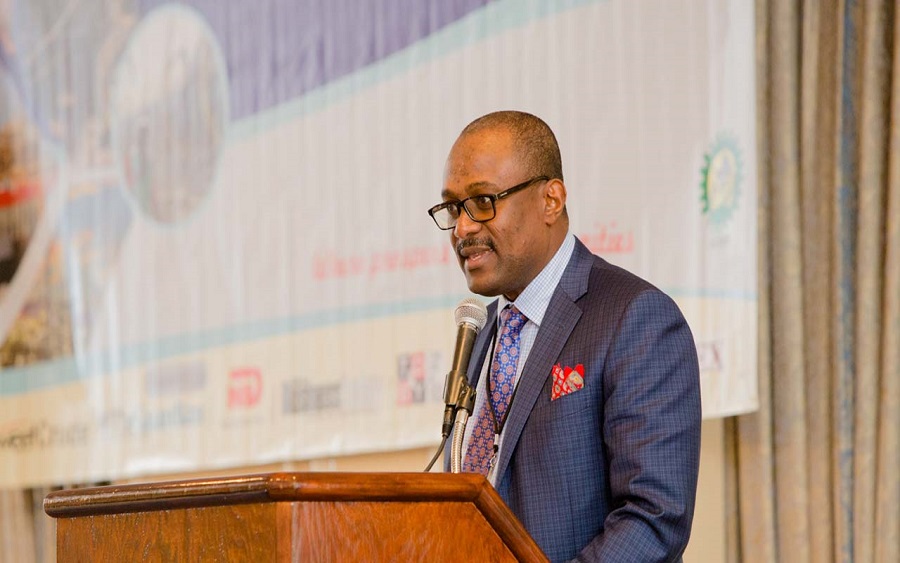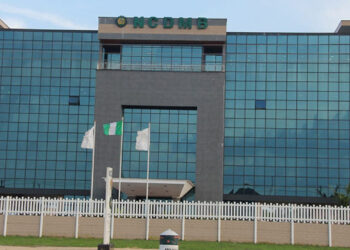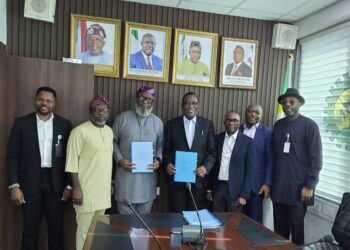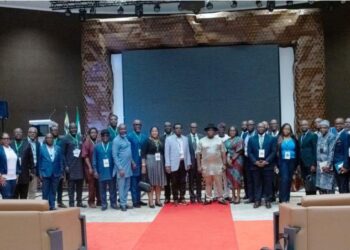The oil and gas sector in Nigeria is now dominated by Nigerian professionals.
This is according to the Executive Secretary of the Nigerian Content Development and Monitoring Board (NCDMB), Engr. Simbi Kesiye Wabote.
He disclosed this during his presentation at the 11th Practical Nigerian Content Workshop in Uyo, Akwa Ibom State.
According to Wabote, manpower in the oil and gas industry reached 81% Nigerian content as of November 2022, while project management was 80%.
Overall performance: Wabote also told attendees at the event that NCDMB has recorded a 54% Nigerian content level in 2022.
- He further explained that the average Nigerian content performance in the last five years is 44%. According to him, the performance in 2022 is well above the 42% target set by the Board. This is a replay of surpassing performance targets like in 2021 when 42% was achieved, above the target of 38 %.
- How the Board achieved performance figures: Wabote said the Board was able to surpass its targets due to its monitoring and evaluation of oil and gas industry activities in the country.
- He also mentioned that awarded contracts under the ongoing development of the Nigerian Liquefied Natural Gas (NLNG) Limited Train-7 project were a major contributor to surpassing set local content targets.
Low points: Although 77 out of 96 initiatives under the short and medium-term categories of the Board’s Roadmap had been completed in November 2022, Waboote said low points in accomplishment were in procurement at 34%, engineering at 46% and services at 50%.
More data: Wabote showed the capture of 12 new indigenous operators in the upstream sector of the oil and gas industry, bringing the total to 97.
- In the service subsector, there were 1,303 new corporate entrants, raising the total to 9,532,
- 22,512 individual registrations were recorded, bringing the total to more than 271,000.
In case you missed it: In April 2022, Engr. Wabote had announced that the NCDMB had grown Nigerian content in the oil and gas sector by 42%. He noted that the growth, translated to the retention of over $8 billion of the $20 billion annual spending in the industry, within the Nigerian economy and part of the Board’s 10-year plan (2017-2027) to achieve 70% by 2027.
























Good data, but he should also tell us if Nigerians receive 81% of the total salary expenses.